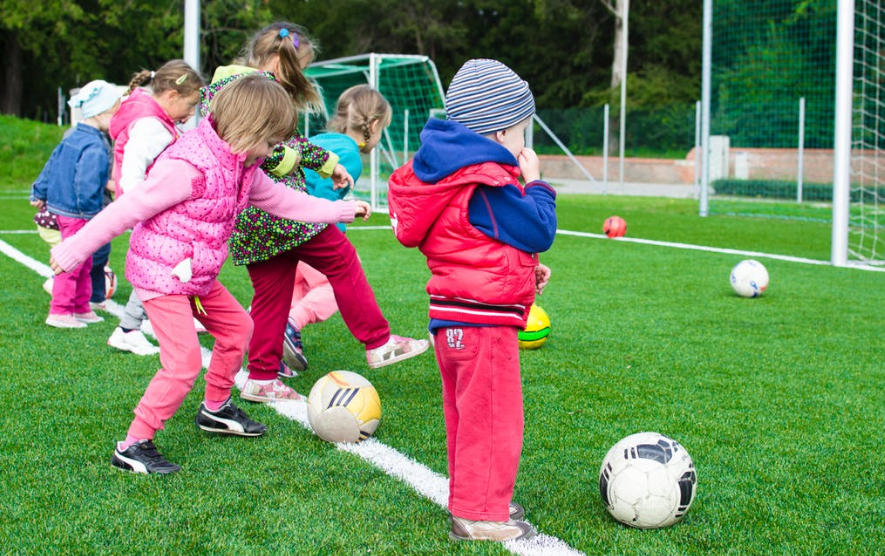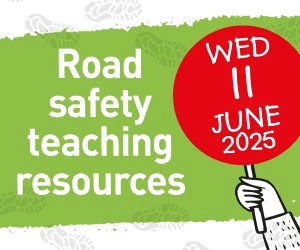Primary Times - the definitive what’s on and where to go family guide of activities and events for children of primary school age. Things to do with your kids during the school holidays including arts and craft activities, music and theatre for children, parties, competitions, days out, and family attractions along with term time drama schools, dance classes, after school clubs and sports activities. Things to do at a place near you!
As childhood obesity numbers continue rising, what can parents and teachers do?
 Some of the most recent figures show that 30% of children in England are overweight, with 17% of those being classed as obese. The problem is getting bigger every year as more children fall into these categories and the weight continues to pile on. Children have very little control, and often little understanding, of weight gain and living a healthy lifestyle, so it’s up to their parents and teachers to educate them and guide them in the right direction.
Some of the most recent figures show that 30% of children in England are overweight, with 17% of those being classed as obese. The problem is getting bigger every year as more children fall into these categories and the weight continues to pile on. Children have very little control, and often little understanding, of weight gain and living a healthy lifestyle, so it’s up to their parents and teachers to educate them and guide them in the right direction.
Greater variation needed for physical activity
Schools typically teach a variation of team sports, racket sports and swimming lessons, which don’t suit the interests of every student. Greater variation can help to get kids active and interested in exercise. Outdoor play equipment gets them moving while they’re having fun and not thinking about it, so is an easy way to incorporate exercise into playtime. Schools can also get involved with things like The Daily Mile where the whole class gets outside for 15 minutes to run or jog at their own pace. Running and jogging can match how they may prefer to exercise as they get older too, so sets them up well for later in life. This is also good for schools who can’t afford to fund extra equipment, and parents can set a good example by showing how exercise is important for everyone, no matter what their age, and continuing to run with their children on weekends and in school holidays too.
Food education and monitoring
Food education is essential for children to understand what they should be eating regularly and what should be considered a treat. Teaching them about nutrients can help them to make the right choices, especially as they get older and have more control over their own diet. Additionally, some schools have already started to monitor the contents of packed lunches and give guidelines to parents on what is allowed, as well as banning particularly unhealthy foods. While this can be tricky to manage, educating parents on food choices and explaining why these rules are in place can help with getting them on board and supporting their children to have a healthy diet.
Get the kids involved
Speaking to children and asking what exercise they enjoy and want to do or would like to try can make a big difference, especially for children who aren’t keen on sports. It gets them involved in decisions, and will lead to them being more likely to try new things and put more effort in. When it comes to food, schools should provide regular cooking lessons, at least once or twice a week, where they show children how to prepare healthy food and how to tweak treats to make them into a healthier option. Supplying funding for the ingredients, as opposed to asking parents to provide them, can also help to ensure all ingredients are fresh and healthy, as well as take the financial burden off families. Parents will get to see and try the food that their children have made when they take it home at the end of the day, helping them to get on board with healthy eating too.
Childhood obesity is forecast to remain a worrying and growing problem. Investments in schools can make a big difference and save the government a lot of money in the long-term, but in the meantime, it’s essential that parents set a good example by teaching their children how to live a healthy life.





